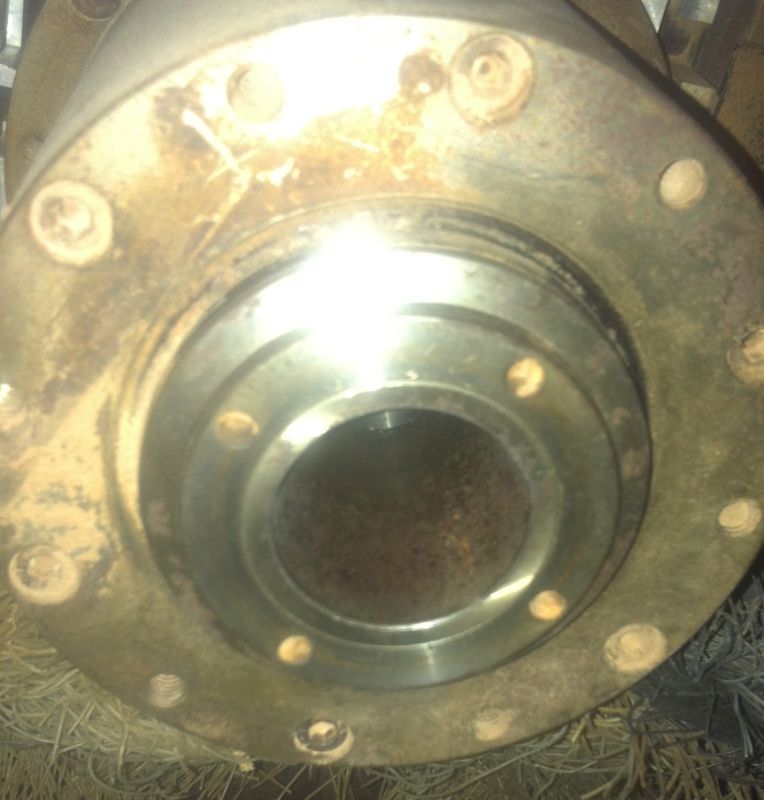Question
I purchased a Shop Sabre 4896 CNC machine. I shopped around, but found that this machine was the best bang for the buck. My decision was final after talking with a man that has three Shop Sabres and loves them. He runs them all day, every day without problems.
I paid more attention to the machine and what it was going to take for me to get it than what my shop needed to run the machine. The little things add up. If you're in the market to buy any CNC machine, consider these expenses.
$700 for air compressor - needs to be big
$350-$500 for misc. compressor parts, such as power cords, piping for air lines, valves, pressure gauges, hoses, fittings
$1,000-$2,000 for line dryer for compressor to get the water out
$650 for computer
$400-$550 for forklift to rent to unload
I spent over $5,000 in electrical work for my shop to run this machine (includes phase converter - my shop cannot get 3 phase power)
Down time for electrical work to be performed. You will lose money during this stage.
Down time for machine setup
Down time for misc. problems, missing parts, or technical problems
Insurance to cover the machine
And finally, if I had to do it again, I would find a way to pay for setup and detailed training. That has been a nightmare! It's been hard for a small shop like mine to afford these expenses. I hope this helps someone out there who is pricing out a CNC machine.
Forum Responses
(CNC Forum)
From contributor T:
I know what you're saying - I have a 6 man shop. But the return on investment is well worth it.
He deployed the three R's:
1.) Research. There are a multitude of avenues to gather free information, this forum being one! One of the greatest things about forums like this is you can exchange ideas with businesses just like yours and there is no threat. You can discuss issues or receive advice with someone across the country and it is not like you are collaborating with your direct competition. Trade periodicals are another great source to get information (again, free).
2.) Local resources. Distributorships are in business for a reason. In order to sell, they must promote... use them! Yes, you will receive biased information, but it is direct biased information. So, you solicit information from several distributors, then - you guessed it! - research unbiased information again.
3.) Resolve. Never make a purchase until you are confident you have cycled through the first 2 R's enough times that all of your questions are answered.
Demographics are changing. A lot of the big players are moving offshore. I think time will prove that to be a questionable decision at best, but that is for another thread. The point is, small to mid-sized operations are increasingly becoming the larger sector of the automated machinery market in the US. I prefaced the article in Cabinetmaker by saying that CNC machines are becoming affordable to the point most small to mid-sized operations really can not afford to not have one. I truly believe that. Is it fair to say that at least one of your local competitors has one? If deployed correctly, no other asset can affect the bottom line to the degree a CNC machine can.
I have also installed some great used machinery deals; they are out there! Whatever route you take, follow the 3 R's, repeat as many times as needed.
The only things I would add are:
Have your CNC finalists run your own programs on their machine. What are the cycle times? How is the part finish? Have it videotaped.
Visit the plants. See who is making the machine and how they are making it. What do you like, and what don't you like? And then visit at least one of their customers.
As has been stated so often, a CNC machine is a huge investment. Make sure you will be excited when you are up and running. As a CNC router employee, I am not pushing us by any means. There are so many of us (CNC router builders) to choose from. And each has its own market. A little homework and you'll find precisely what you are looking for.
